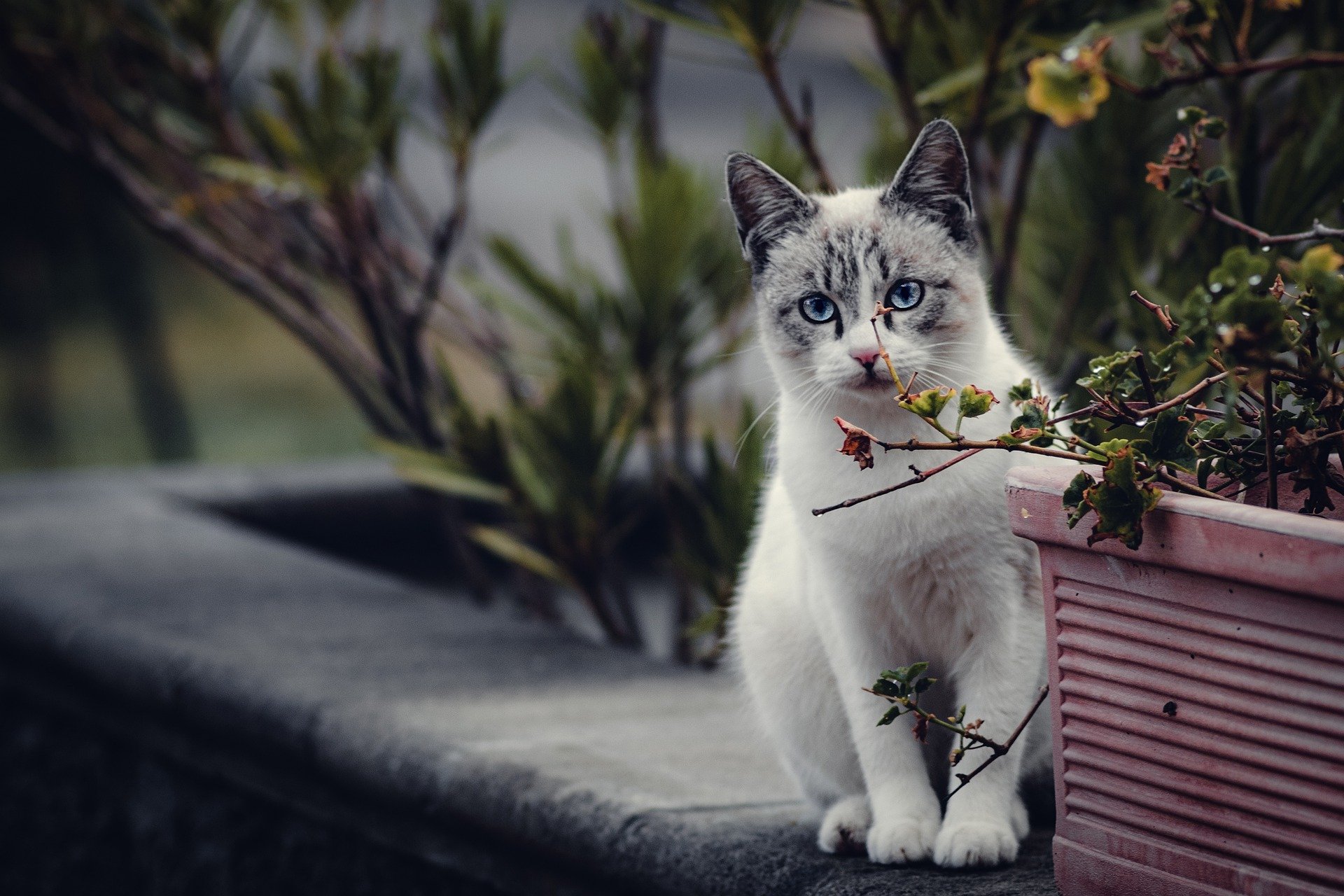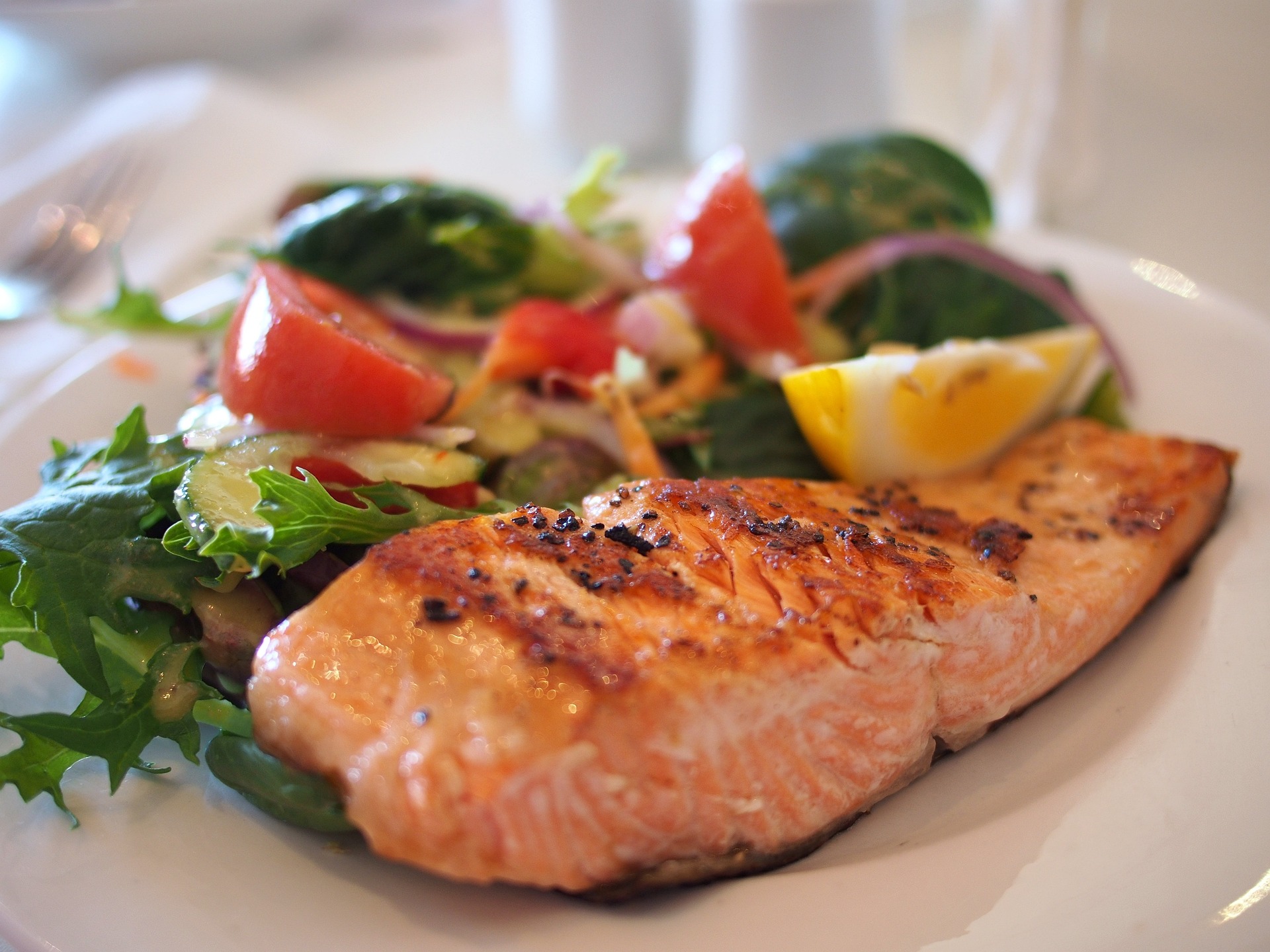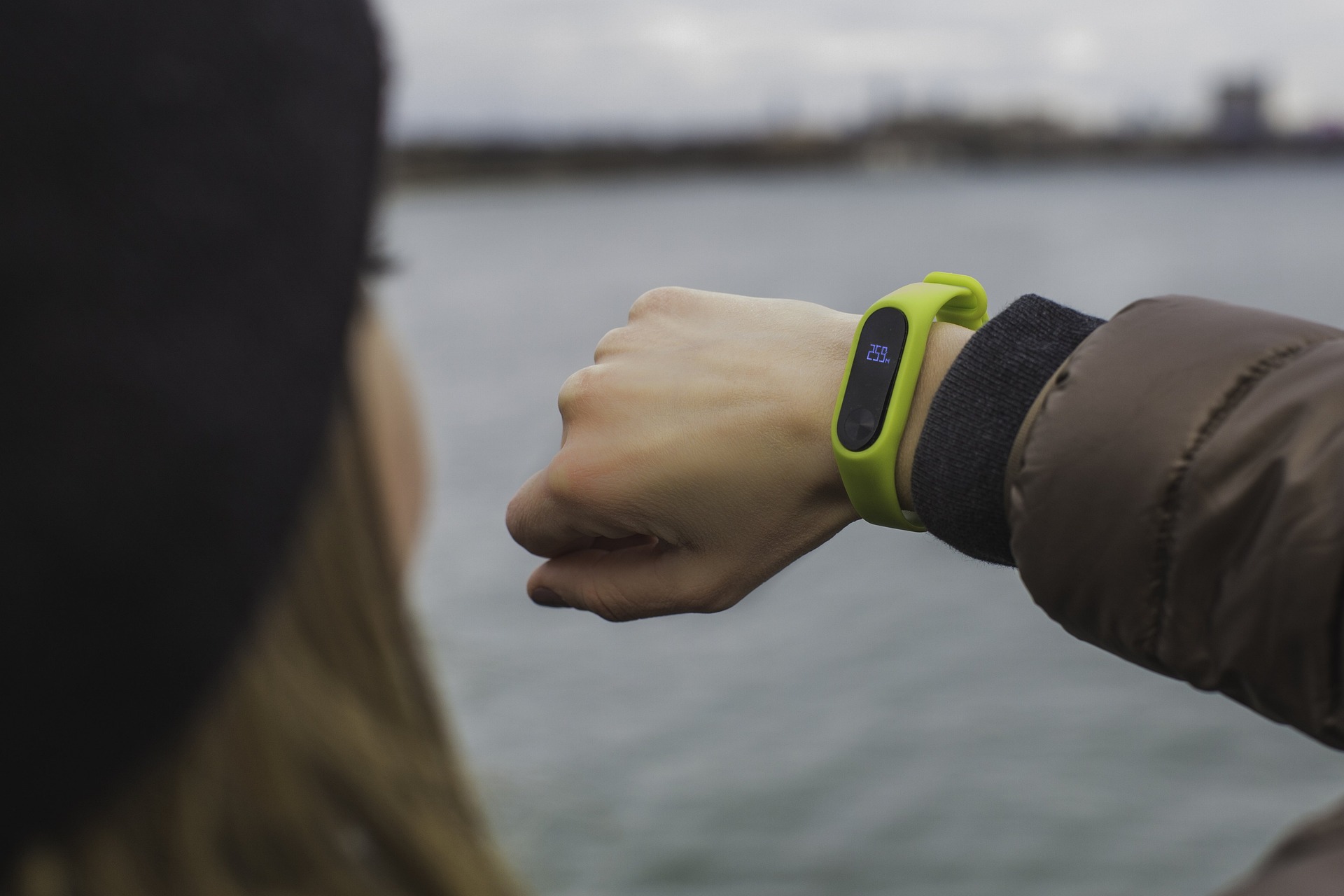Understanding the Absolute No-Go Foods for Dogs and Cats
As pet owners, it's crucial to understand that some foods can be harmful, and even toxic, to our beloved dogs and cats. While our furry friends might beg for a taste of what we're eating, it's essential to be aware of the foods that can pose serious health risks. Read below to learn about the absolute no-go foods for dogs and cats to keep them safe and healthy.
No-Go Foods for Dogs
Dogs have different nutritional needs and sensitivities compared to humans, making certain foods potentially dangerous for them.
Chocolate
Chocolate contains substances called theobromine and caffeine, which can be toxic to dogs. Dark chocolate and baking chocolate are particularly dangerous due to their higher concentrations of these compounds.
Grapes and Raisins
Even in small amounts, grapes and raisins can cause kidney failure in dogs. The exact toxic substance in grapes and raisins is unknown, but ingestion should be strictly avoided.
Xylitol
Xylitol is a sugar substitute often found in sugar-free gum, candy, baked goods, and some peanut butter. It can cause a rapid drop in blood sugar levels and liver failure in dogs.
Onions and Garlic
Onions and garlic, whether raw, cooked, or powdered, contain compounds that can damage dogs’ red blood cells and lead to anemia. This includes foods like onion soup mix and garlic bread.
Avocado
Avocados contain a substance called persin, which can cause vomiting and diarrhea in dogs. The pit poses a choking hazard, and the high fat content can lead to pancreatitis.
No-Go Foods for Cats
Cats are obligate carnivores with specific dietary requirements, making certain foods inappropriate and potentially harmful for them.
Onions, Garlic, and Chives
Similar to dogs, onions, garlic, and chives contain compounds that can damage a cat’s red blood cells and lead to anemia. Even small amounts should be avoided.
Raw Eggs, Raw Fish, and Raw Meat
Raw eggs, fish, and meat can contain bacteria such as Salmonella or E. coli, which can cause food poisoning in cats. Raw fish also contains thiaminase, an enzyme that breaks down thiamine (vitamin B1).
Milk and Dairy Products
Many cats are lactose intolerant, meaning they lack the enzyme needed to digest lactose, a sugar found in milk and dairy products. Consumption can lead to gastrointestinal upset.
Bones
Cooked bones can splinter and cause choking, gastrointestinal blockages, or perforations in a cat’s digestive tract. Raw bones are also not recommended due to the risk of bacterial contamination.
Alcohol and Caffeine
Alcohol and caffeine, found in coffee, tea, energy drinks, and some medications, are toxic to cats. Ingestion can lead to serious health issues, including seizures and even death.
Keeping Your Pets Safe
-
Know the Signs: Be aware of symptoms of poisoning, such as vomiting, diarrhea, lethargy, and seizures. Seek immediate veterinary care if you suspect your pet has ingested something harmful.
-
Read Labels: Check ingredients carefully before feeding your pets any human foods or treats, as some may contain hidden dangers.
-
Consult Your Vet: If you have any doubts or questions about what is safe for your pet to eat, consult your veterinarian for advice tailored to your pet’s specific needs.
Conclusion
Understanding which foods are harmful to dogs and cats is essential for responsible pet ownership. By avoiding these absolute no-go foods and providing a balanced, species-appropriate diet, you can help ensure your pets live long, healthy lives. Remember, your veterinarian is always the best source of information regarding your pet’s dietary needs and health concerns.





